Optimal Timing for Sunroom Roof Repairs
Determining the optimal time for sunroom roof repairs involves considering weather patterns, temperature, and seasonal conditions. Typically, late spring and early fall offer ideal conditions, with moderate temperatures and lower precipitation levels that facilitate effective repairs and curing processes.
Repair projects are best scheduled during periods of dry weather to prevent delays caused by rain or snow.
Temperatures between 50°F and 85°F are optimal for applying roofing materials and ensuring proper adhesion.
Avoid peak winter cold and summer heat to prevent material issues and ensure safety during repairs.
Moderate temperatures aid in the proper curing and adhesion of roofing materials, extending their lifespan.
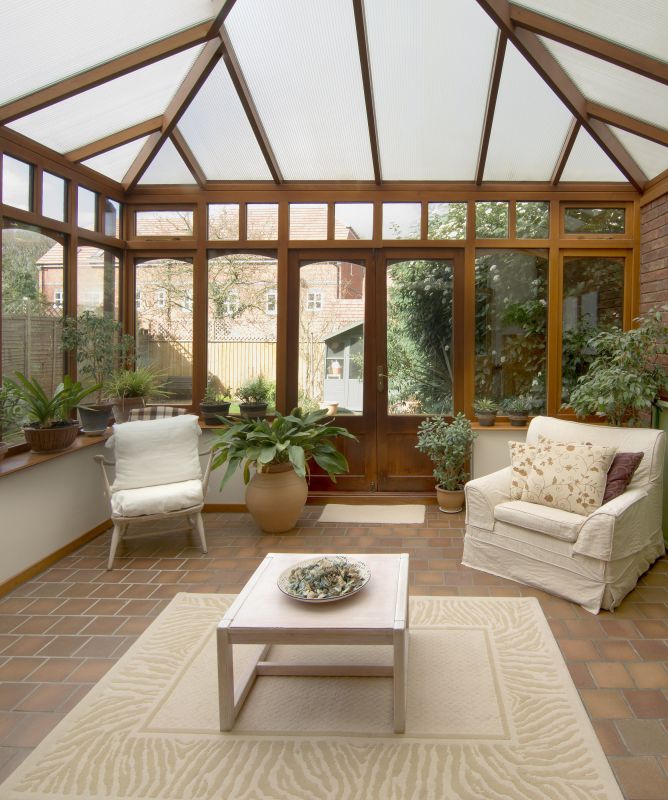
Spring offers ideal conditions for roof repairs with mild weather and less precipitation.
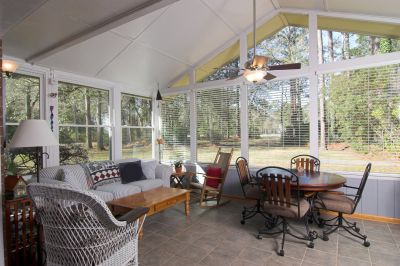
Fall provides cooler temperatures and dry weather, suitable for repairs before winter.
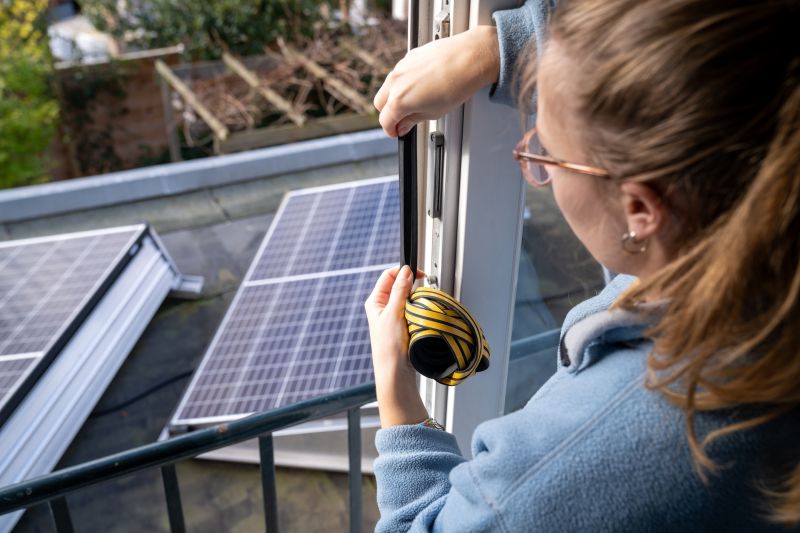
Monitoring weather forecasts helps identify the best windows for repair work.

Ways to make Sunroom Roof Repairs work in tight or awkward layouts.
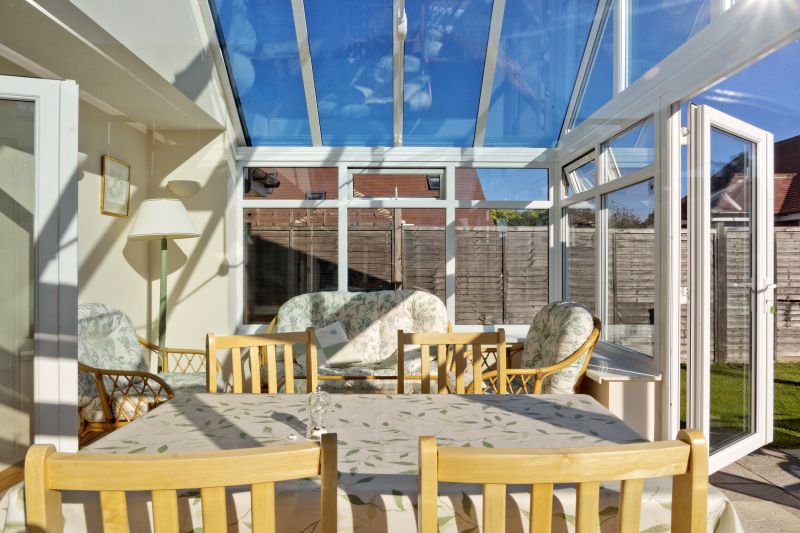
Popular materials for Sunroom Roof Repairs and why they hold up over time.
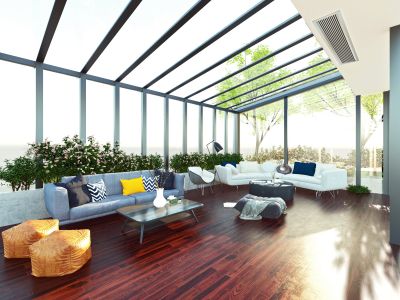
Simple add-ons that improve Sunroom Roof Repairs without blowing the budget.
Sunroom roof repairs are essential for maintaining the structural integrity and aesthetic appeal of a sunroom. Proper repairs can prevent leaks, reduce energy costs, and extend the lifespan of roofing materials. The choice of timing can significantly influence the success and durability of these repairs. Weather-related factors such as rain, snow, and temperature fluctuations impact the application of roofing materials and the curing process, making timing a critical consideration.
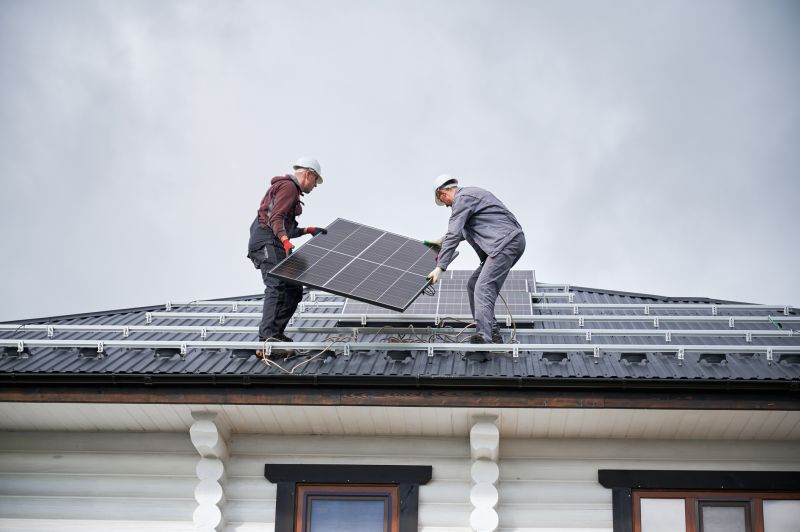
Proper preparation ensures effective repairs and long-lasting results.
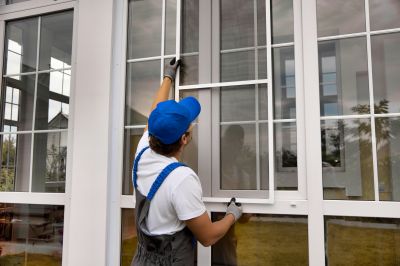
Using the right materials suited for current weather conditions enhances durability.

Thorough inspection helps identify underlying issues before repairs.
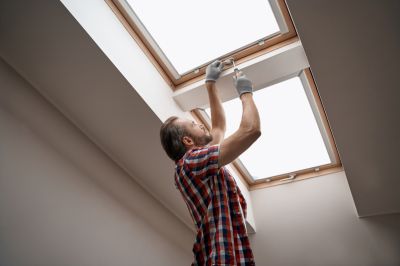
Experienced professionals ensure quality and safety during repairs.
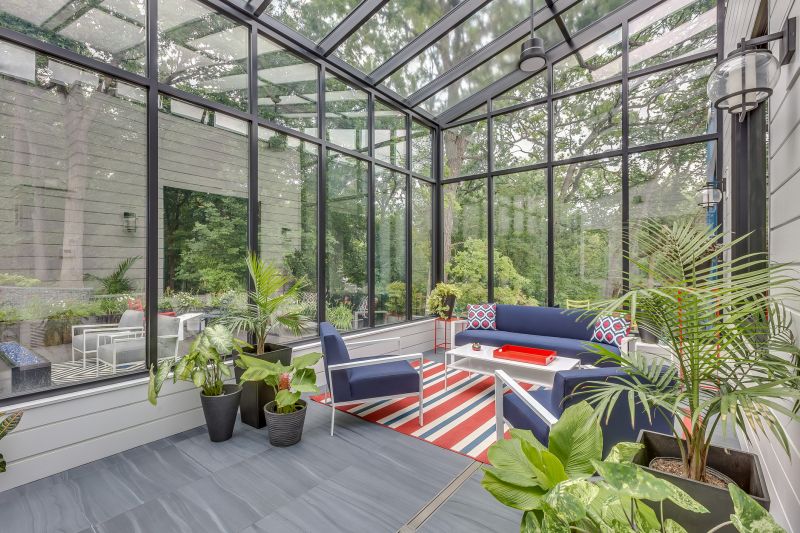
High-end options that actually feel worth it for Sunroom Roof Repairs.
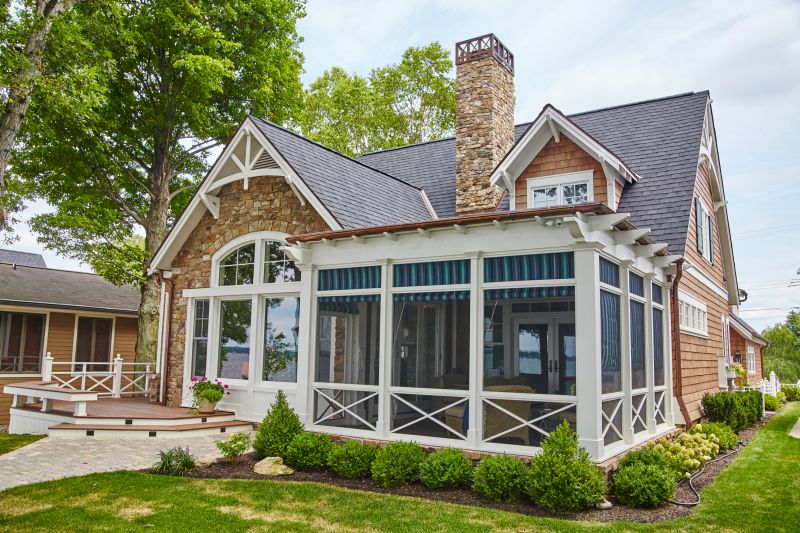
Finishes and colors that play nicely with Sunroom Roof Repairs.
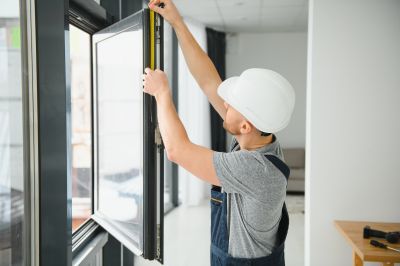
Little measurements that prevent headaches on Sunroom Roof Repairs day.
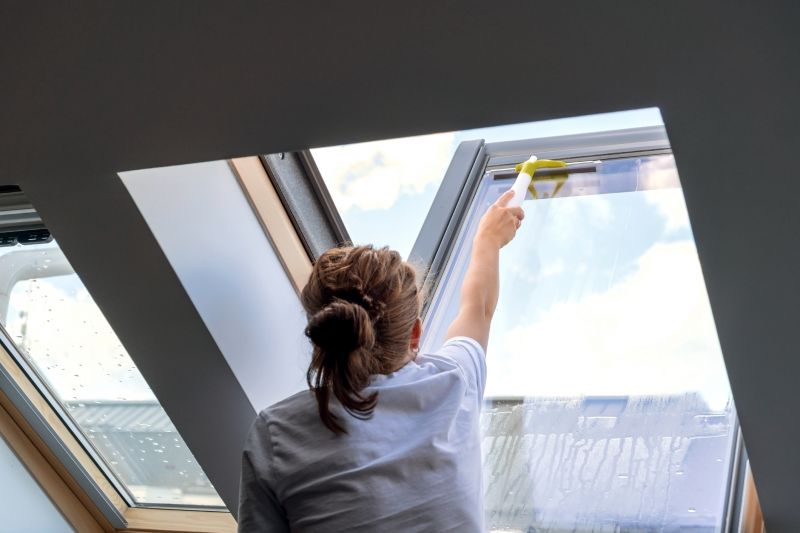
A 60-second routine that keeps Sunroom Roof Repairs looking new.
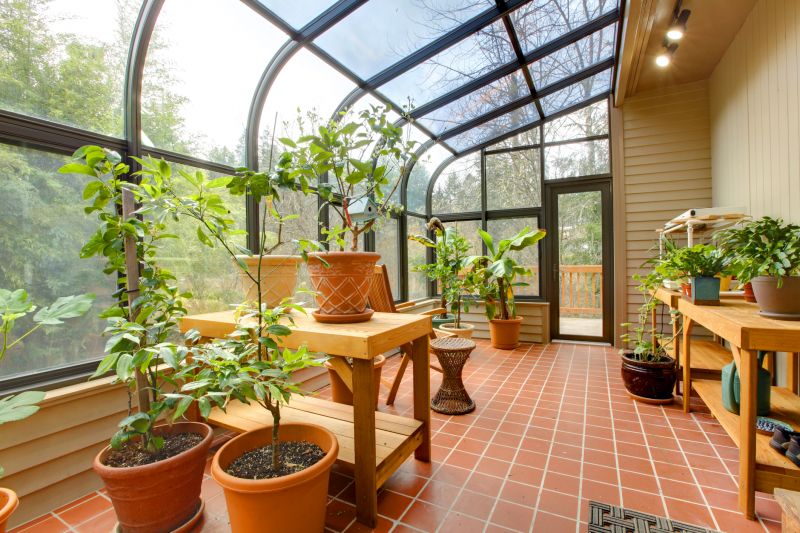
A frequent mistake in Sunroom Roof Repairs and how to dodge it.
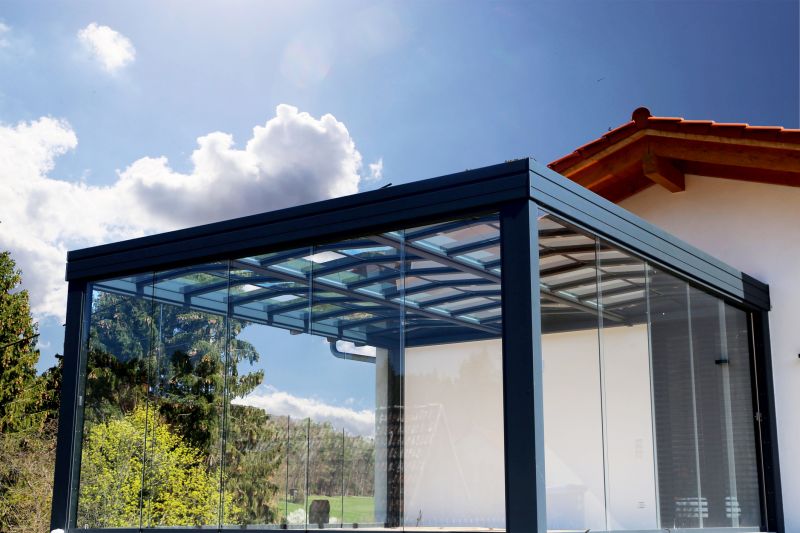
Small tweaks to make Sunroom Roof Repairs safer and easier to use.
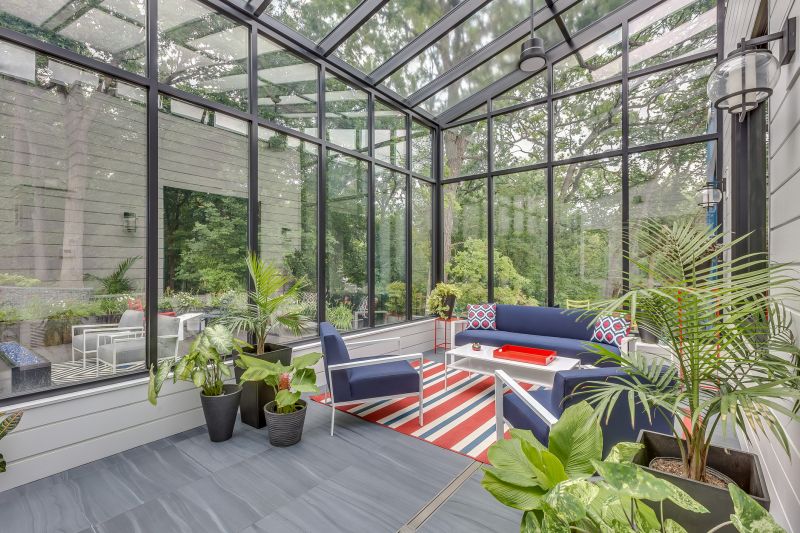
Lower-waste or water-saving choices for Sunroom Roof Repairs.
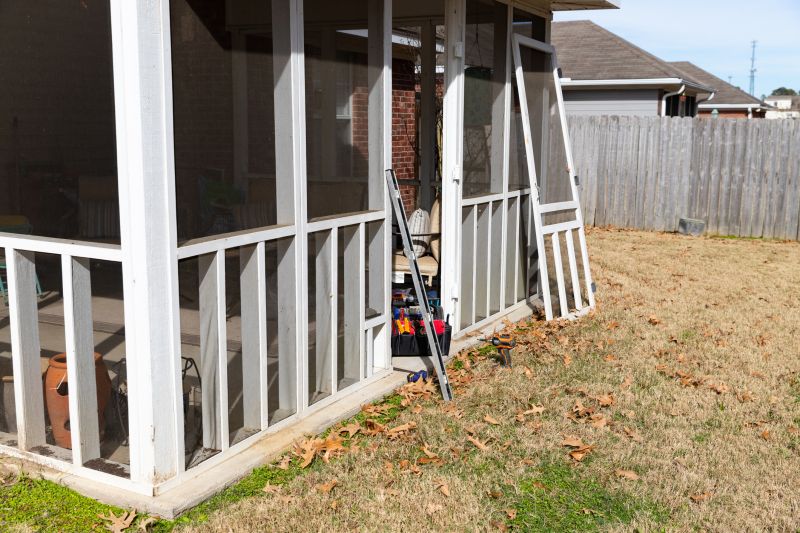
The short, realistic tool list for quality Sunroom Roof Repairs.
| Season | Optimal Conditions |
|---|---|
| Spring | Moderate temperatures, low precipitation, ideal for repairs. |
| Summer | High temperatures and potential storms; less ideal. |
| Fall | Cooler weather, dry conditions, suitable for repairs. |
| Winter | Cold temperatures and snow hinder repair work. |
| Early Autumn | Stable weather, good for scheduling repairs. |
| Late Spring | Mild weather, good for repairs. |
Selecting the right time for sunroom roof repairs can help ensure that repairs are effective, durable, and completed efficiently. Proper planning around seasonal weather patterns minimizes delays and enhances the longevity of the repair work. Regular inspections and timely repairs contribute to maintaining the sunroom's integrity and appearance.
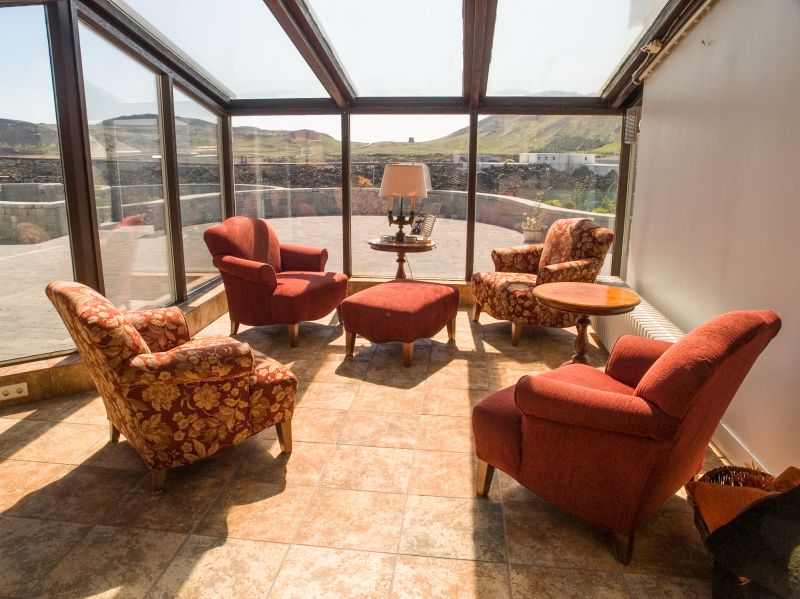
Professional repairs completed during suitable weather conditions.
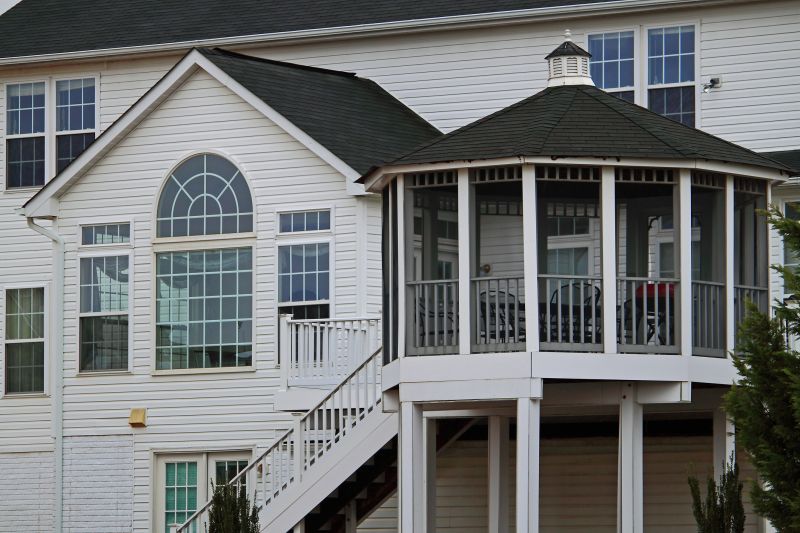
A well-maintained roof ready to withstand seasonal changes.

Post-repair inspection ensures quality and durability.
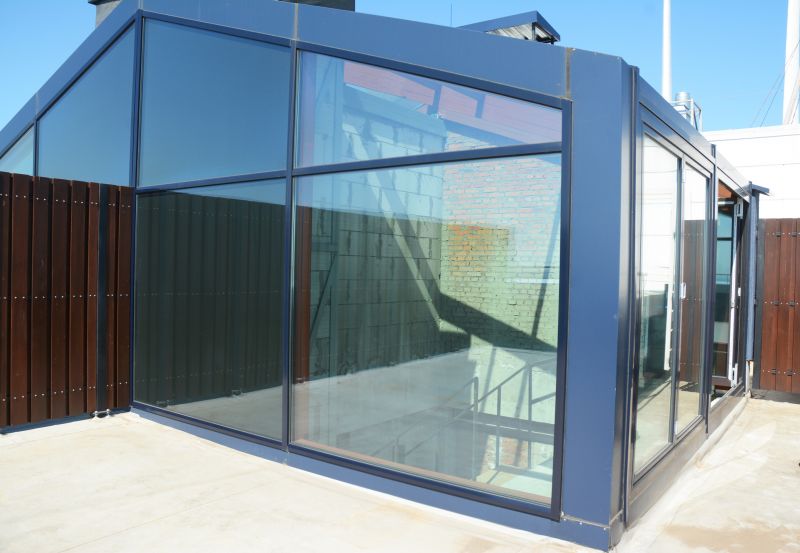
Rough timing from prep to clean-up for Sunroom Roof Repairs.
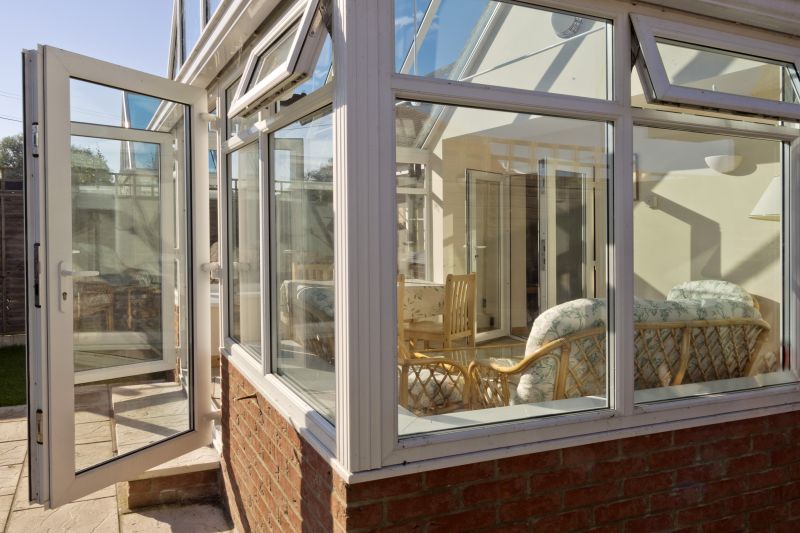
Quick checks and paperwork to keep after Sunroom Roof Repairs.

Examples that show the impact a good Sunroom Roof Repairs can make.
Interested in scheduling sunroom roof repairs? Filling out the contact form provides the necessary details to plan repairs at the most suitable time, ensuring quality results and long-term protection for the sunroom.



